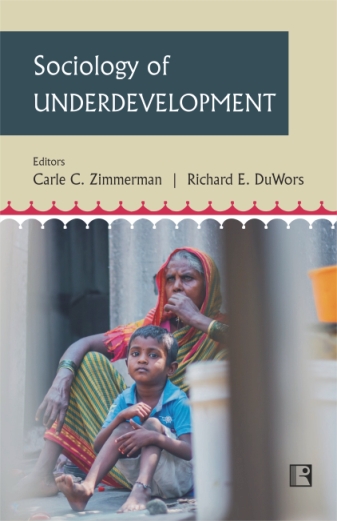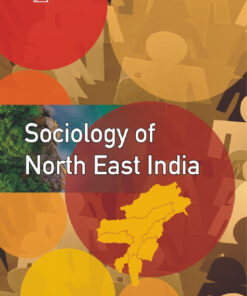Description
?While making an assessment of India?s achievements in the new era, one is normally inclined to examine the perspective in the areas of agricultural and industrial development. Yet, to be realistic, appraisal of India?s progress in developing a new society must be equally concerned with gains made in other areas: the cultural transformation, the transformation of value system, and the transformation of India?s administrative bureaucracy.?
This perceptive observation by editors on India?s contemporary situation indicates the spirit in which predicaments of the developing countries have been probed by some of the best known sociologists of the world in this book. The underdeveloped economies of Asia, Africa and Latin America have been chosen for some detailed description, particularly in the realms of planning and the population situation which, whether one likes it or not, remains the major concern of policy formulators in the individual countries as well as international organisations committed to egalitarianism and welfare all over the world.
A special feature of the volume is its marked emphasis on the problems of education in the developing countries, particularly India. To understand the real dimensions of India?s sociological problems one has to view these in the matrix of situations in similarly placed countries around the globe. Carle C. Zimmerman and Richard E. DuWors have compiled here a more or less exhaustive matrix of our requirement. It has the assets of views of our best known sociologists sans the irritations of controversies that have unfortunately gripped world sociology today. It should be useful as a text in all universities.









